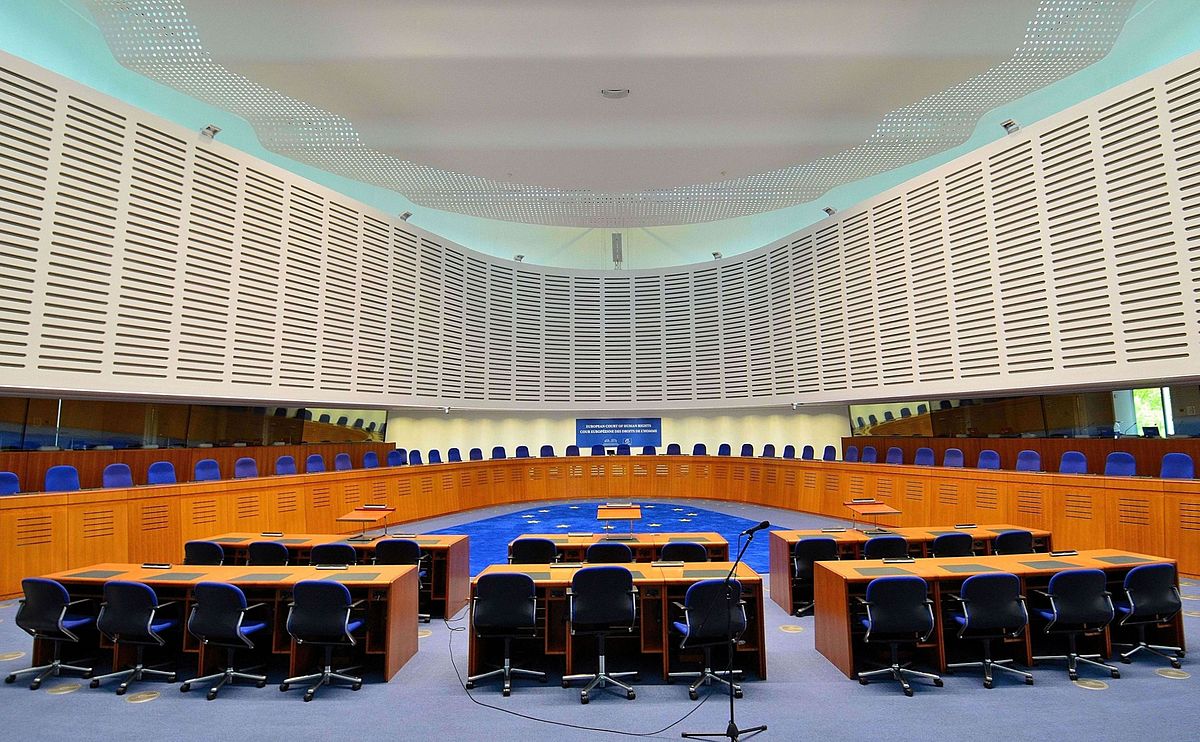European Court of Human Rights: Case of Gullotti v. Italy – Violation of article 8 CEDU

On 10 July 2025, the European Court of Human Rights (ECtHR) published the ruling in the case of Gullotti v. Italy (application no. 64753/14). The judgement was pronounced unanimously in favour of the applicant: Italy was found guilty of violating Article 8 of the European Convention on Human Rights (ECHR).
The aforementioned article of the Convention secures the right to respect of one's private and family life, home and correspondence. Above this, it states that interference in this particular sphere by the public authority would be considered lawful in a democratic society, only if it deemed necessary to uphold the interests of national security; public safety; economic well-being of the country; the protection of health and morals; as well as the protection of the rights and freedoms of others. The leading case of the ECtHR in this domain is the Provenzano v. Italy judgment (§§ 83-90, 25 October 2018 - See Yearbook 2019, p. 356 - Annuario 2019, p. 246).
In 1998, the applicant, Giuseppe Gullotti, was convicted of mafia-type offences, including murder, extortion and unlawful possession of weapons. He is currently detained in the Parma prison under the special regime regulated by Art. 41-bis of Law no. 354 of 26 July 1975 (“the Prison Administration Act”). Art. 41-bis detention regime is designed essentially to cut ties and further prevent detainees from any contact with their criminal environment. In doing so, it holds restrictions on visitation (limited only to family members), usage of the telephone, and provides for the police monitoring any outgoing and incoming correspondence. Worth of note is the fact that Mr Gullotti had applied before the ECtHR also in the past in reference to Article 8 of the ECHR (on his and other Art. 8 ECHR-related pronouncements issued in 2024 see here).
Art. 18-ter of the Prison Administration Act, introduced after many ECtHR decisions found that the previous regulation was too general and not “according to the law”, states that the judicial authority can limit by an order the right to correspondence only in some circumstances and for a determined time period, to the close relatives admitted to family visits. This measure was applied to the applicant in December 2012, and renewed in January the following year for a period of three more months. The decision was justified on the basis that Mr Gullotti maintained his prominent role in the mafia-type organisation, Cosa Nostra, and was therefore detained under Art. 41-bis conditions. Subsequently, the measure was systematically extended until the end of the 2013 on the same legal ground, although in November the Bologna court eventually stated they were not adequately reasoned. In March 2014, the January 2013 restriction order was unsuccessfully challenged by the applicant before the Court of Cassation, which ruled that the case was inadmissible.
The ECtHR found that Mr Gullotti’s right to correspondence under Article 8 ECHR had been violated. The Court stated that such interference, limiting the right to correspondence to a narrow number of relatives, ought to be grounded in a specific justification, and cannot generically be granted based on the persistence of the Art. 41-bis special treatment, as the two are separate issues.
Disposing under Article 41 of the ECHR, the Court stated that the recognition of the violation constituted in itself just satisfaction for any non-pecuniary damage sustained by the applicant.

